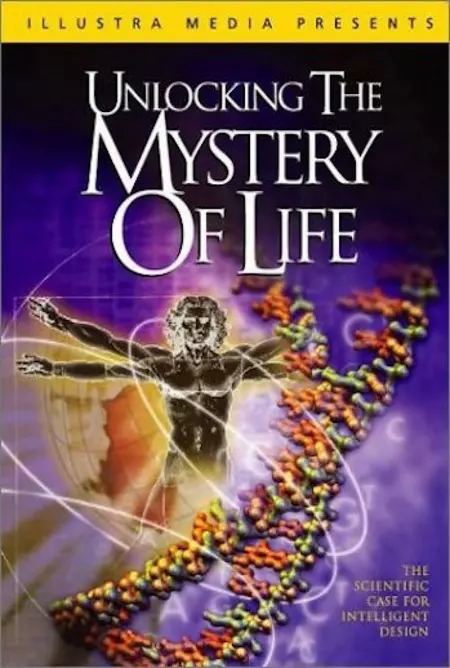Biography
From Wikipedia, the free encyclopedia.
William Albert "Bill" Dembski (born July 18, 1960) is an American analytic philosopher, known as a proponent of intelligent design and for the concept of specified complexity. He is currently a Research Professor of Philosophy and Director of the Center for Cultural Engagement at the Southwestern Baptist Theological Seminary at Fort Worth, Texas, and a senior fellow of the Discovery Institute's Center for Science and Culture. He is the author of a number of books about intelligent design, including The Design Inference (1998), Intelligent Design: The Bridge between Science and Theology (1999), The Design Revolution (2004), The End of Christianity (2009), and Intelligent Design Uncensored (2010).
The concept of intelligent design involves the argument that an overarching intelligence is responsible for the complexity of life, and that it can be detected empirically. Dembski postulates that probability theory can be used to prove irreducible complexity, or what he calls specified complexity. The theory of intelligent design in general—and Dembski's concept of specified complexity in particular—are seen by the scientific community as a contemporary form of creationism, drawn from a conservative Christian set of religious beliefs attempting to portray itself as science.
Description above from the Wikipedia article William A. Dembski, licensed under CC-BY-SA, full list of contributors on Wikipedia.
Filmography
all 2
Movies 2
self 2

Unlocking the Mystery of Life (2003)
Information
Known ForActing
GenderMale
Birthday1960-07-18 (64 years old)
Birth PlaceChicago, United States
CitizenshipsUnited States
This article uses material from Wikipedia.
Last updated:
 William Dembski
William Dembski- Filmography
- Information
